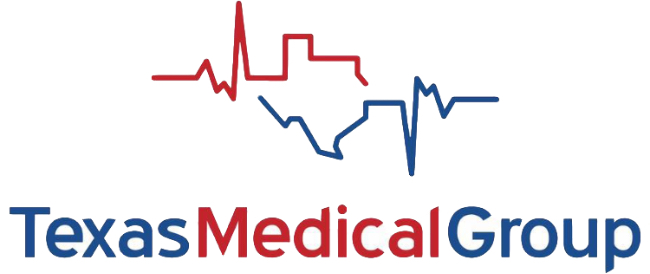
Breaking Down Mental Health Stigma
May is Mental Health Awareness Month, a national health observance dedicated to shedding light on mental health conditions and fostering understanding and support for those experiencing them. Mental illnesses are among the most common health conditions in the United States.
According to the National Alliance on Mental Illness (NAMI), 1 in 5 adults experience a mental health disorder each year. Despite the prevalence of illnesses and increasing recognition of mental health as a critical component of overall well-being, stigma remains a significant barrier to receiving treatment and support. The fear of judgment and discrimination often prevents individuals from seeking help.
It’s imperative to raise awareness and educate others about mental health to combat stigma and create a more compassionate and supportive society. Here are some tips for reducing the stigma associated with mental health:
- Educate yourself and others. Understanding the complexity of mental illness, including substance use disorders, can help dispel misconceptions. Take the time to learn about mental health conditions, symptoms and treatments.
- Talk openly. Break the silence surrounding mental health by initiating open and honest conversations with friends, family and colleagues. By sharing personal experiences or listening without judgment, you can create a safe space for others.
- Choose your words carefully. Avoid stigmatizing words and use person-first language emphasizing the individual, not their condition.
- Encourage equality between physical and mental health conditions. Mental illness is a medical condition, so it should be treated just like a physical ailment.
- Speak up. If you suspect someone is struggling with their mental health, send them messages of support or help them get on the path to treatment.
By taking proactive steps to reduce mental health stigma, you can help create an inclusive and supportive environment where everyone feels empowered to seek help. Together, we can break down the barriers that stand in the way of healing and acceptance.
The Benefits of Active Recovery
A complete fitness routine includes training and strategic recovery. Unlike passive recovery, which involves rest, sitting or inactivity, active recovery keeps you moving and engaged in low-intensity exercises. Active exercises can facilitate faster muscle recovery and enhance performance. Think of it as an add-on to your fitness routine—recovering for 10 to 15 minutes after a strenuous workout or taking it easy the following day. Consider these benefits of active recovery activities:
- Reduced lactic acid buildup in muscles
- Decreased muscle soreness
- Improved circulation
- Flexibility maintenance
- Injury prevention
Active recovery exercises are generally considered safe. However, avoiding active recovery is recommended if you’re injured or in pain, and your doctor should immediately evaluate you.
Seasonal Eating Health Benefits
It’s normal to see the same produce available year-round in today’s market. However, that doesn’t mean the quality is the same throughout the seasons. Eating seasonally helps you take advantage of the harvest schedule. Fortunately, May is peak spring mode and offers a variety of produce. Spring vegetables include asparagus, artichokes, radishes, rhubarb and peas, as well as fruit like strawberries. Not only is spring produce vibrant and fresh tasting, but it also offers health benefits. Picked at the peak of their freshness and nutritional value, spring produce is packed with essential vitamins, minerals and antioxidants, providing a natural boost to your immune system and overall well-being. Eating seasonally also means you’re adding variety to your diet, along with diverse vitamins and minerals. Seasonality depends on where you live, so let nature be your guide at your local farmers market or grocery store.
This article is intended for informational purposes only and is not intended to be exhaustive, nor should any discussion or opinions be construed as professional advice. © 2024 Zywave, Inc. All rights reserved.

Discussion
There are no comments yet.